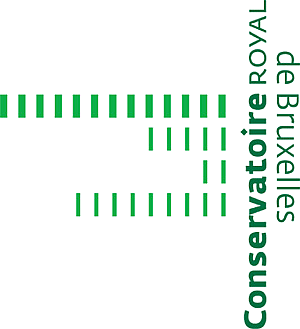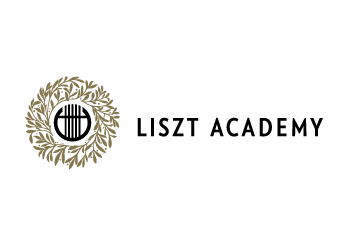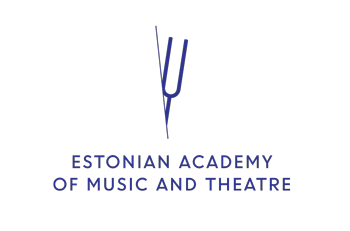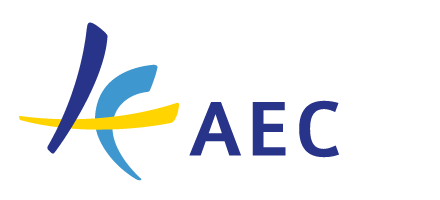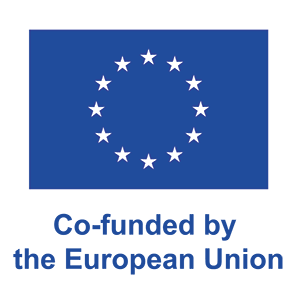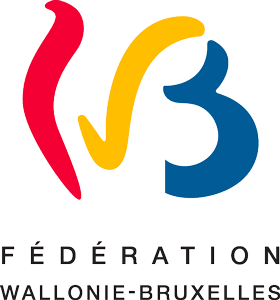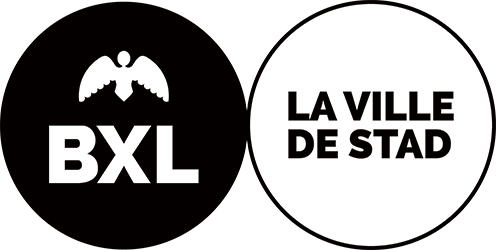Further information
-
assessment
Semester grade S -
level
-
 Completed Semester3
Completed Semester3 -
How many semesters does the course last?
1 -
hours per week
2 hours -
 Link of the course
Link of the course -
 Target group of courseMusic theory students, beginner
Target group of courseMusic theory students, beginner -
 credits2.0
credits2.0 -
 Type of CourseLecture, Practice
Type of CourseLecture, Practice -
Degree Level
Bachelor -
Course
Mandatory -
students #
6-15 students -
Hours per year
30 -
BIBLIOGRAPHY
T.A. Zieliński, Podstawy harmoniki nowoczesnej, PWM, Kraków 2009 T.A. Zieliński, Problemy harmoniki nowoczesnej, PWM, Kraków 1983 P. Hindemmith, A Concentrated Course in Traditional Harmony, Schott 1970 J.M. Chomiński, Koordynanty trytonowe i półtonowe w akordyce Aleksandra Skriabina, w: Muzyka 1959, nr 2, s. 102 A. Schönberg, Harmonielehre, Universal 1922 Ch.B. Rae, Muzyka Lutosławskiego, PWN, Warszawa 1996 -
ONLINE CATALOGUE
WITH CONTENTS -
evaluation grid
-
evaluation grid
and document
Teacher(s)
Piotr Jędrzejczyk
current position
assistant
Institution
Akademia Muzyczna im. Stanisława Moniuszki
Be a part of our european project !
This European project (KA 203 Strategic Partnership) created by Salvatore Gioveni promotes cross-border collaboration in the field of Music Theory through sharing knowledge and transferring pedagogical innovation. It thus responds to a lack of centralised source and framework to deepen reflection by means of cross-disciplinary study at European and international level.
There is a significant wealth of educational practices from one country to another in this sector, especially in terms of harmonic musical notation and analysis. However, HMEI's are facing the nonexistence of a European network for pedagogical staff in Music Theory so far. To improve the situation, the project will among other things develop several intellectual outputs such as Online Platform (IO 1), an EU Bibliography (IO 2), a Repository Courses (IO 3), a Multilingual Glossary (IO 4) and an Exchange Online Learning Platform.
Besides the Conservatoire royal de Bruxelles as leader and manager of the project, the following partner institutions are involved: Music Academy S. Moniuszki Gdańsk (Gdańsk, Poland), F. Liszt Academy of Music Budapest (Budapest, Hungary), Estonian Academy for Music and Theatre (Tallinn, Estonia), HfMTh "Felix Mendelssohn Bartholdy" (Leipzig, Germany).
 | 2025
| 2025
